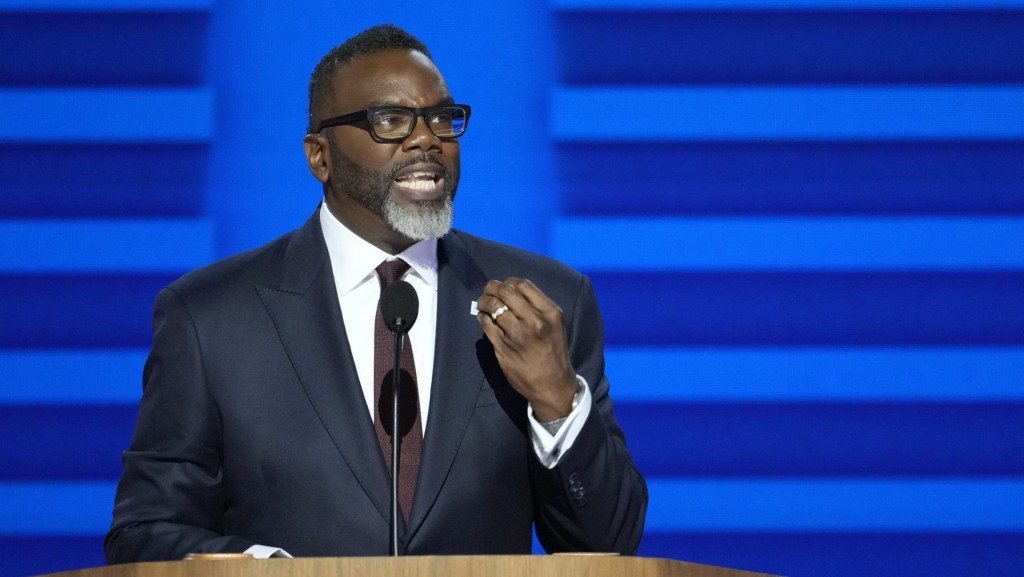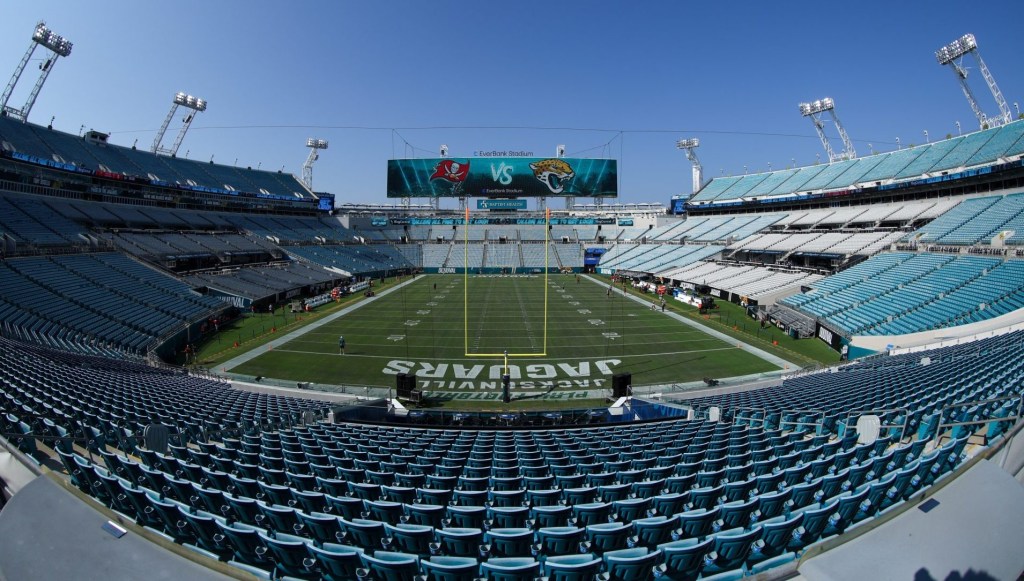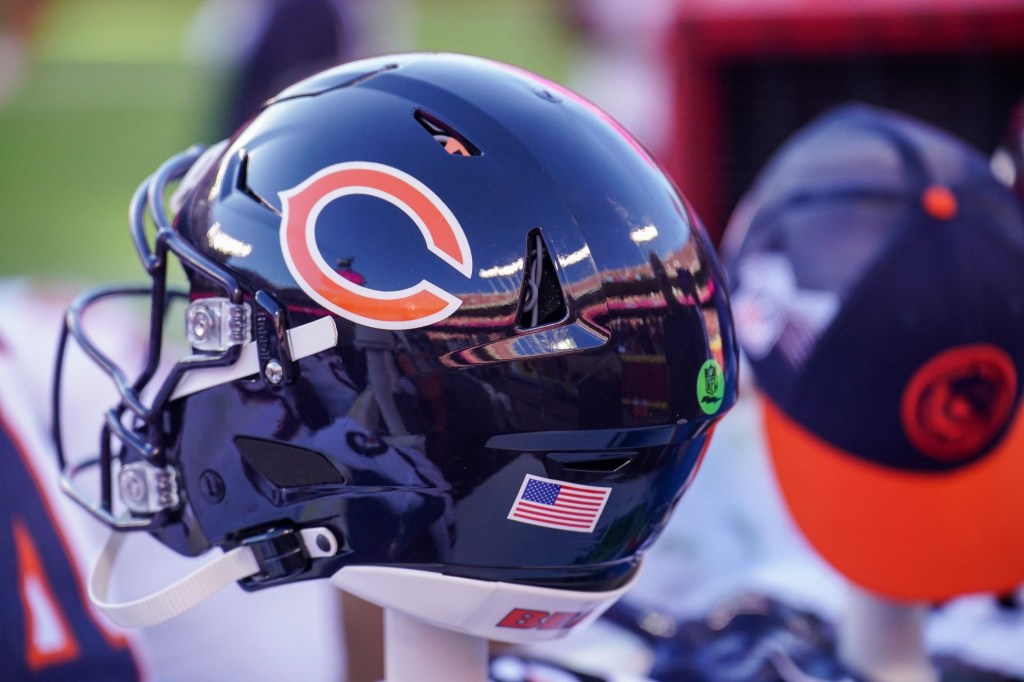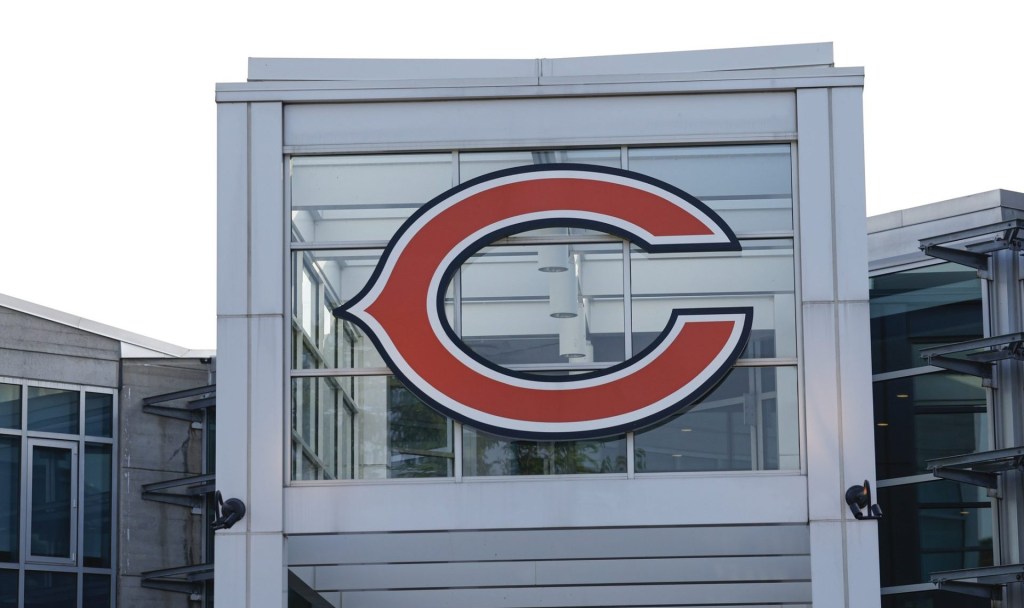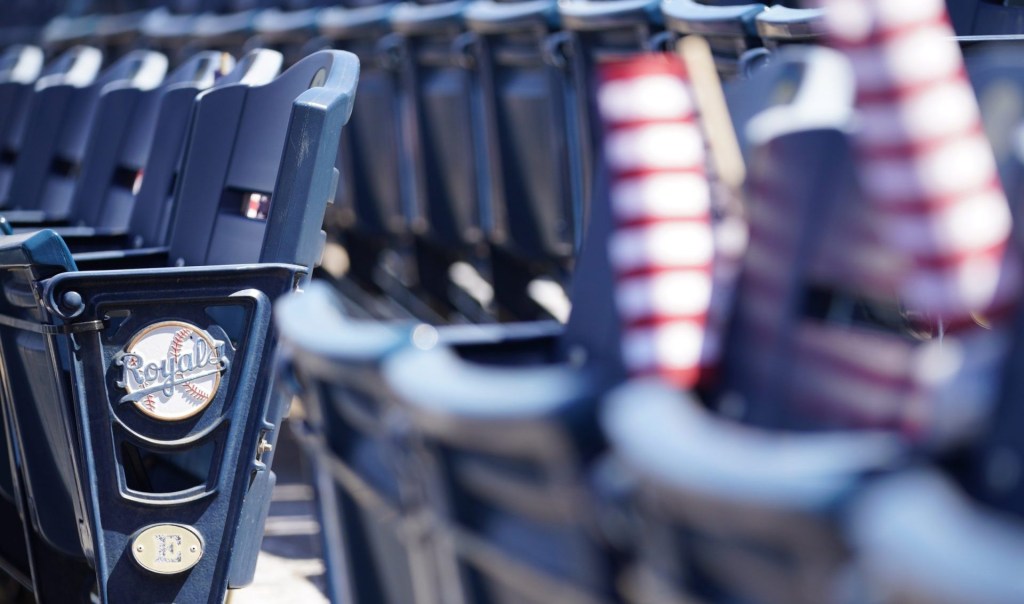The stadium drama for Boston’s new NWSL team continues.
The team will not play its inaugural season in its intended home of White Stadium because its more than $200 million renovation will not be completed in time for the start of the season. Instead, they will play 20 miles to the south in Foxborough at the home of the NFL’s Patriots and MLS’s Revolution.
The Boston Globe first reported the news Wednesday, which was later confirmed by the team. The public-private plans for White Stadium plans were challenged in a lawsuit by local residents, who were defeated in Massachusetts Superior Court in April, but last week filed an appeal.
The club said White Stadium will not be ready for the start of the NWSL season in March, but it will host “a year of community events, career opportunities, and other partnerships in 2026 tied to White Stadium.”
“[Gillette Stadium] is a world-class facility that fulfills NWSL requirements for field specifications, capacity, and broadcast capabilities, and will provide a thrilling gameday experience for our fans in 2026,” the team said in a statement. “Construction continues and we look forward to welcoming our fans home to White Stadium in 2027.”
Other venues that had been floated as potential landing spots had White Stadium not worked out, including Boston University’s Nickerson Field, did not meet those NWSL requirements, according to the Globe.
The move is eyebrow-raising for several reasons.
First, scheduling at Gillette is about to get tricky. The venue is already set to host seven World Cup matches next summer, each of which requires Super Bowl–level security and planning, on top of hosting the Revolution.
Then there are the Krafts, who own the stadium and will be charging Boston Legacy FC rent to play there.
Josh Kraft, son of Patriots owner Robert Kraft, is running for mayor of Boston, and has been a staunch opponent of the White Stadium project. He criticized incumbent mayor Michelle Wu’s support amid rising budget estimates, called team conversations with city staffers “secretive and rigged,” and said the plan was a “bad idea” after the team won in court. The team will pay for about half of the renovation.
The groups opposing White Stadium in court, the Emerald Necklace Conservancy and Franklin Park Defenders, supported the news of the move and said there’s still time to develop a fully public project.
“This news comes as a relief for the communities around Franklin Park who have been alarmed by the profit-driven rush to convert White Stadium into a professional sports complex,” one resident, Melissa Hamel, said in a statement.
The team did not cite the lawsuit as the reason for the delay, though the Globe reported it had been part of the decision. Demolition had already begun before the case went to trial in March, and Boston Legacy said in its Wednesday statement that “White Stadium construction is well underway.” The Globe reported that construction could be finished in the middle of next summer, meaning Boston Public Schools could use the venue in the fall.
The day before the trial began in March, the judge threw out one of the plaintiff’s two central claims against the team and city. The judge later ruled that White Stadium did not fall under an article of the Massachusetts constitution regarding use of public land.
In October, the team began its public life in controversy by unveiling its original moniker, Bostonian anagram Bos Nation FC, with a campaign called “Too Many Balls.” The team issued an apology saying it “missed the mark,” and in March announced its new name, Boston Legacy Football Club.
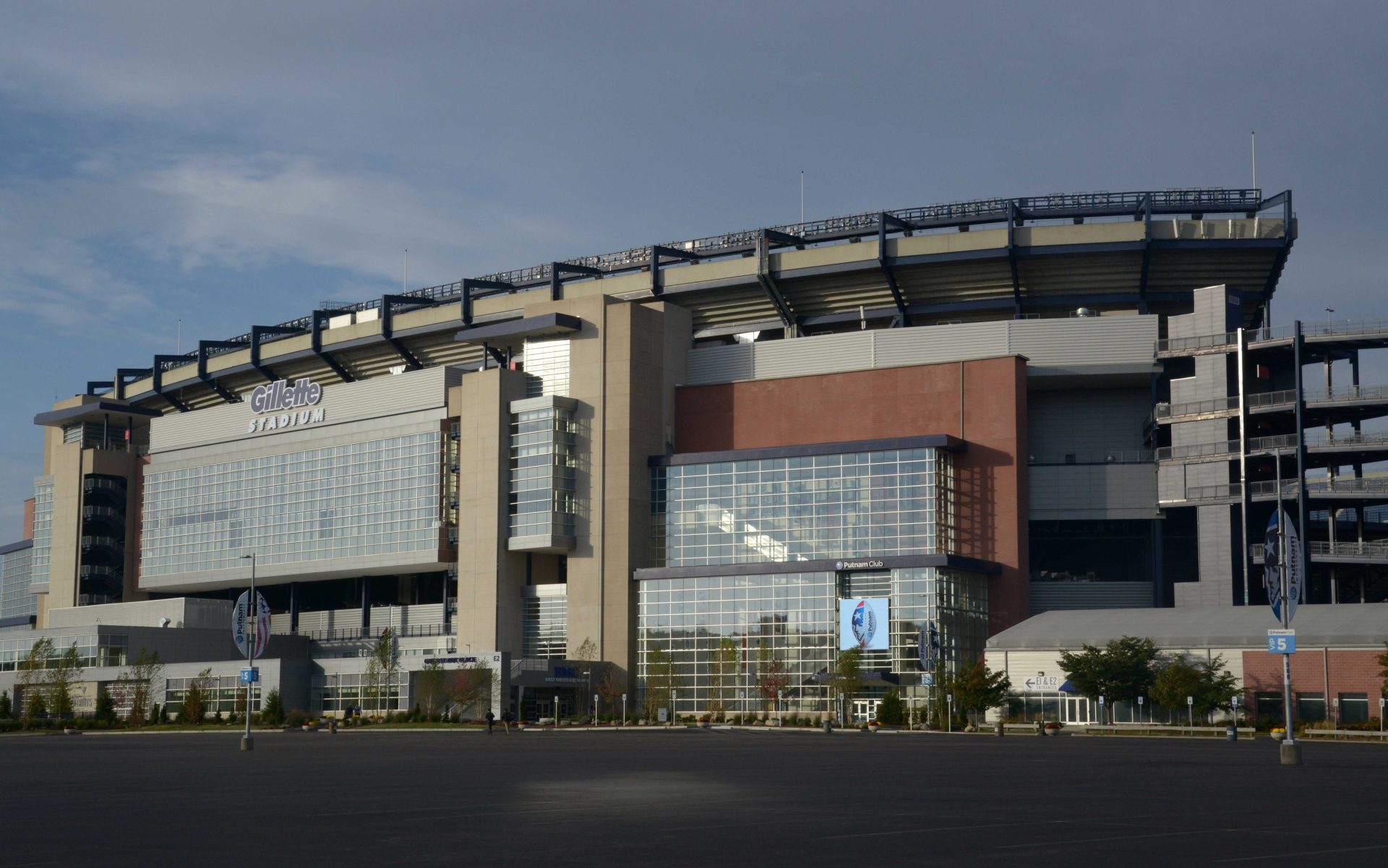

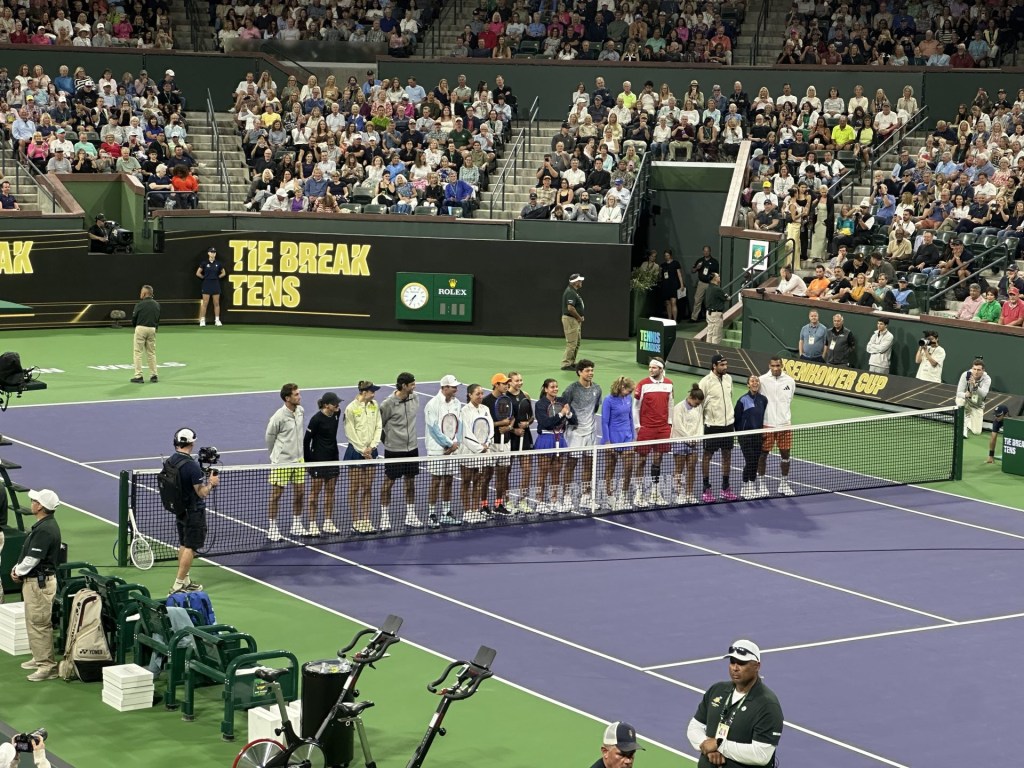




![[Subscription Customers Only] Jun 15, 2025; Seattle, Washington, USA; Botafogo owner John Textor inside the stadium before the match during a group stage match of the 2025 FIFA Club World Cup at Lumen Field.](https://frontofficesports.com/wp-content/uploads/2026/02/USATSI_26465842_168416386_lowres-scaled.jpg?quality=100&w=1024)
![[Subscription Customers Only] Jul 13, 2025; East Rutherford, New Jersey, USA; Chelsea FC midfielder Cole Palmer (10) celebrates winning the final of the 2025 FIFA Club World Cup at MetLife Stadium](https://frontofficesports.com/wp-content/uploads/2026/02/USATSI_26636703-scaled-e1770932227605.jpg?quality=100&w=1024)
